What is Hepatic Lipidosis?
Hepatic lipidosis, also known as fatty liver disease, is a serious condition in which fat accumulates in the liver cells. This buildup impairs liver function and can be life-threatening if not treated promptly. It is one of the most common liver diseases in cats and is often triggered by sudden weight loss or anorexia.
Causes
Hepatic lipidosis typically occurs in cats who have stopped eating or have lost weight rapidly. The primary causes include:
- Anorexia: Reduced or complete loss of appetite.
- Obesity: Excess fat storage in the liver.
- Underlying illnesses: Conditions such as diabetes, kidney disease, or gastrointestinal disorders that can lead to reduced food intake.
Symptoms
Signs of hepatic lipidosis may vary but commonly include:
- Loss of appetite: The cat may refuse to eat or show a decrease in food intake.
- Weight loss: Noticeable and rapid loss of body weight.
- Jaundice: Yellowing of the skin, eyes, or gums.
- Lethargy: Increased tiredness and lack of energy.
- Vomiting: Occasional or frequent episodes.
- Dehydration: Reduced skin elasticity and dry mouth.
Diagnosis
Diagnosing hepatic lipidosis involves:
- Physical examination: Checking for symptoms like jaundice and weight loss.
- Blood tests: Assessing liver enzymes and overall liver function.
- Ultrasound or X-rays: Imaging to evaluate the liver structure and detect fat accumulation.
- Liver biopsy: Sometimes necessary to confirm the diagnosis and assess the extent of liver damage.
Treatment
Treatment for hepatic lipidosis aims to address the underlying cause and support liver recovery:
- Nutritional support: Providing high-quality, calorie-dense food through feeding tubes if necessary.
- Medications: To manage symptoms and support liver function.
- Fluid therapy: To address dehydration and maintain proper hydration.
- Monitoring: Regular follow-ups to monitor liver function and response to treatment.
Prevention
Preventing hepatic lipidosis involves maintaining a healthy weight and ensuring proper nutrition. Avoiding abrupt changes in diet and addressing underlying health issues promptly can help reduce the risk
When to Seek Help
If your cat shows signs of weight loss, loss of appetite, or jaundice, it’s crucial to seek veterinary care immediately. At Mission Veterinary Clinic, we provide urgent care for cats with hepatic lipidosis and other critical conditions.
Contact Us
For more information or to seek urgent care, visit us at:
Mission Veterinary Clinic
16915 San Fernando Mission BlvdGranada Hills, CA 91344
Phone: 818-363-8143
We are open from 9 am to 11 pm, 7 days a week. We operate on a walk-in basis, triaging patients based on severity. Once we reach capacity, we may need to stop seeing new clients for the day.
Mission Veterinary Clinic – Dedicated to providing compassionate and prompt care for your pet
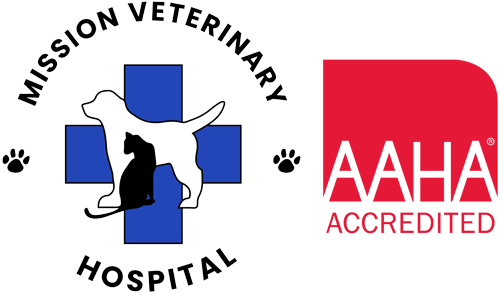
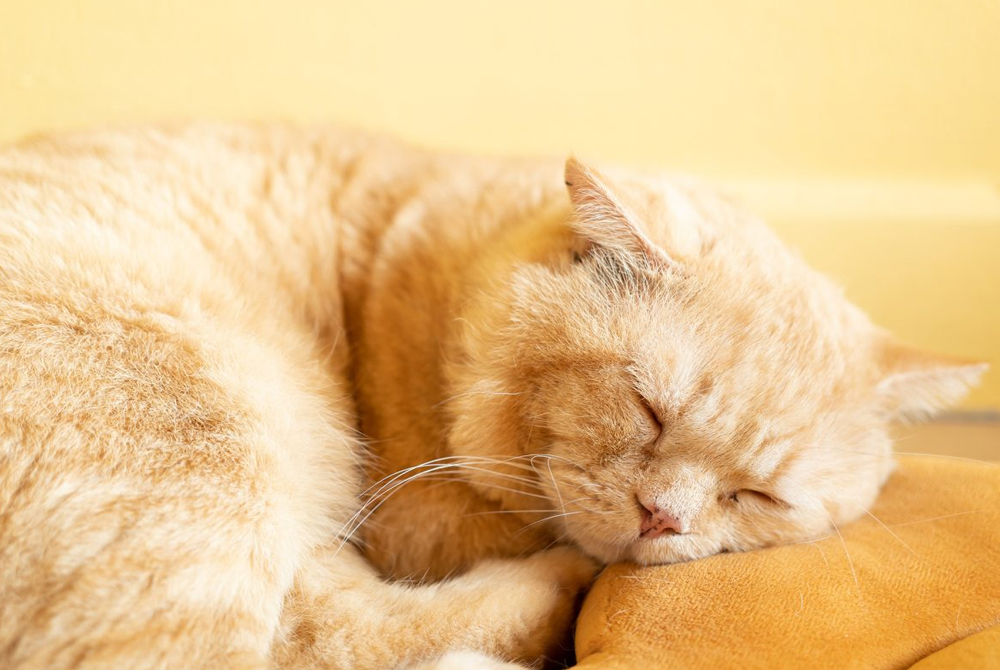
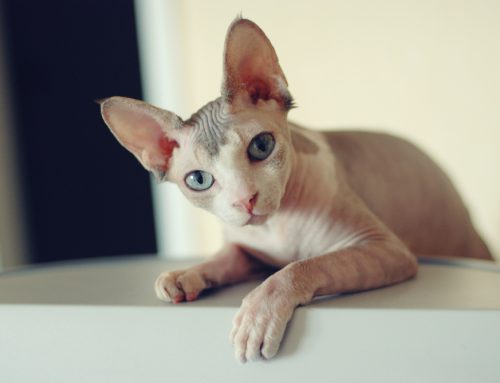

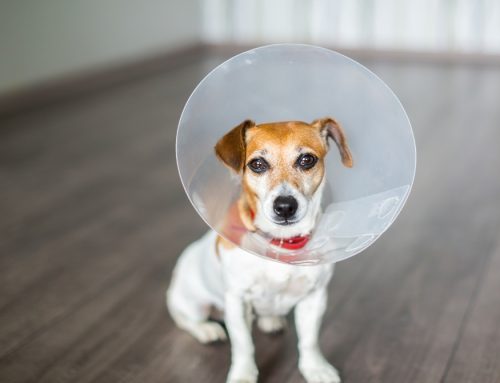
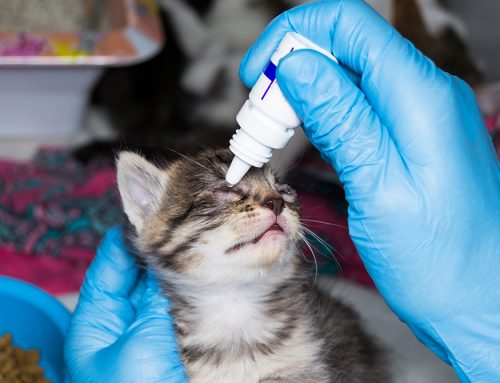




Leave A Comment